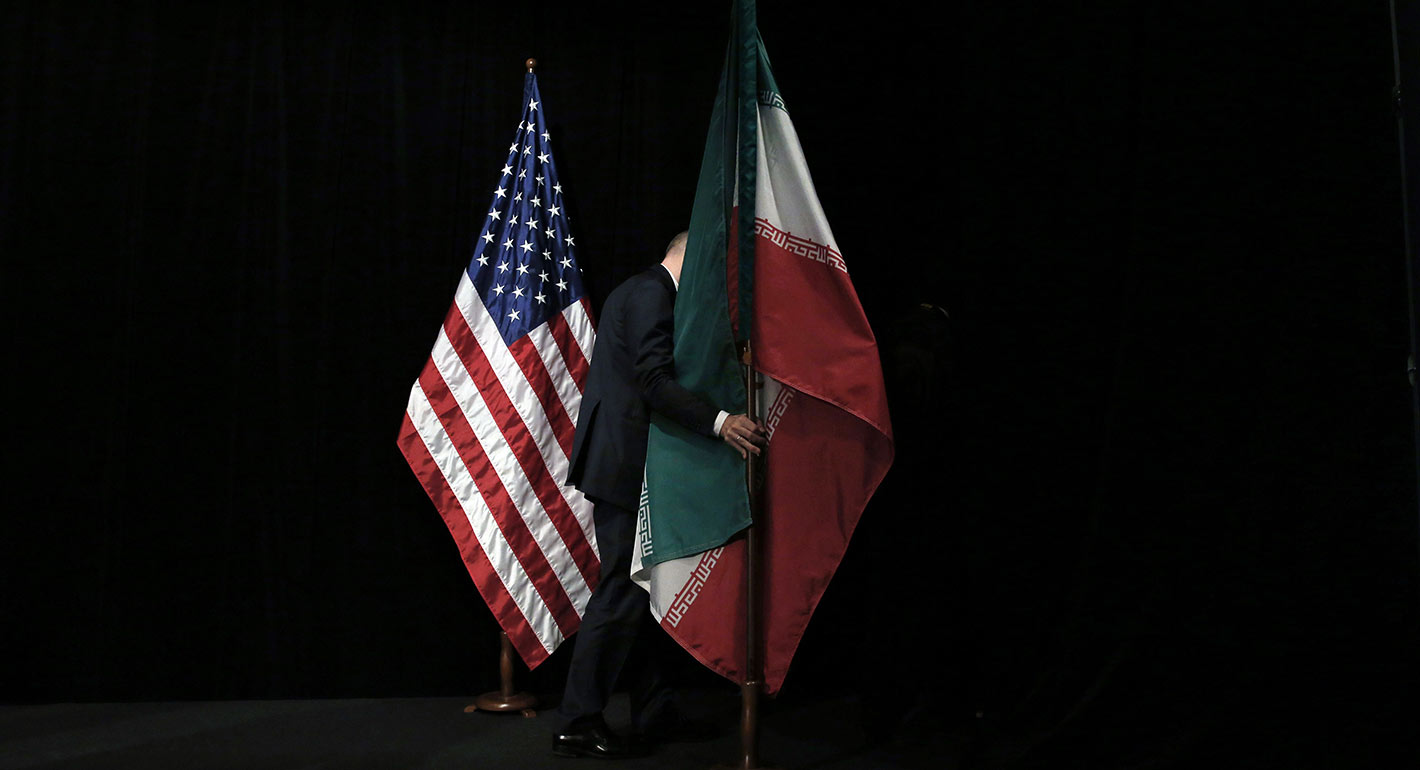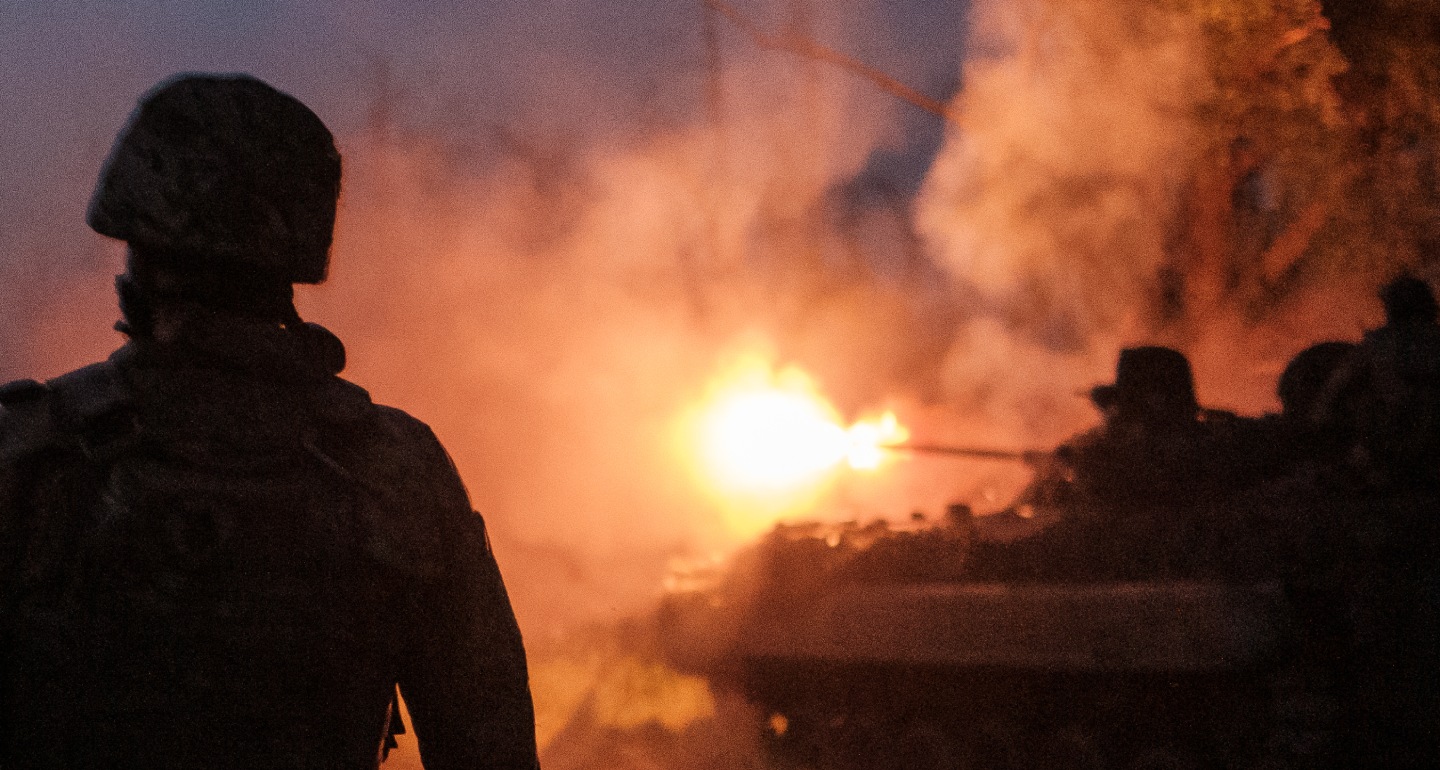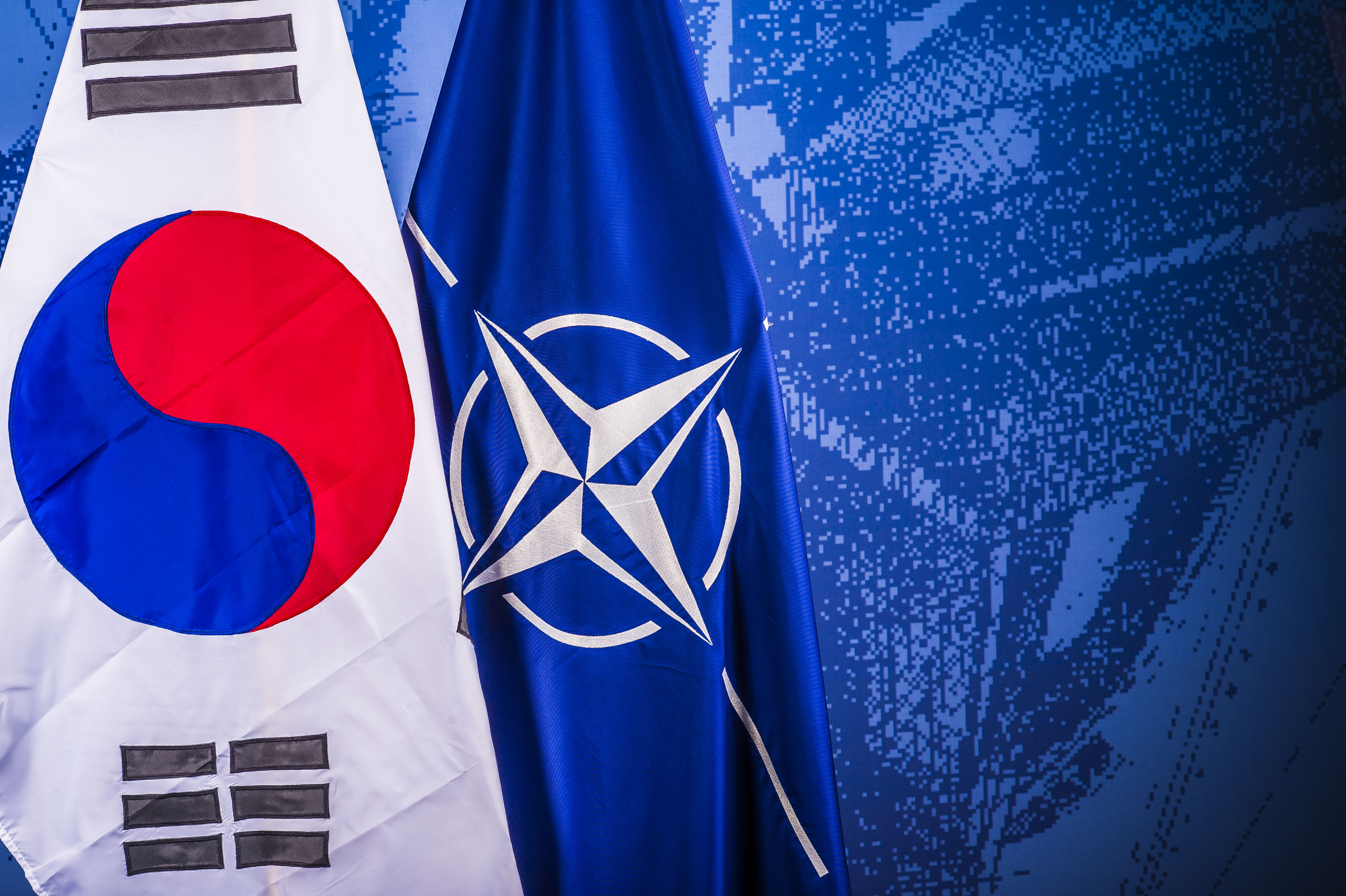Source: CNN
This week President Donald Trump demonstrated one of the most consistent themes of his presidency -- speak loudly but carry a very small stick. Talking about Afghanistan in his meeting with Pakistani Prime Minister Imran Khan, Trump told reporters in the Oval Office "I could win that war in a week. I just don't want to kill 10 million people."
How many times have we heard a variation of "tough" Trump? To name a couple of examples, he vowed to use fire and fury on North Korea, but he didn't do it. And he has made empty threats of a US military intervention against President Nicolás Maduro in Venezuela.
But the country that the President seems the most determined to consistently show his tough side to is Iran.
He has threatened to use "overwhelming" force against Tehran multiple times. And in some areas, he made clear that ''overwhelming will mean obliteration."
But there's little doubt that Trump -- who has shown a degree of risk-aversion when it actually comes to using military force, despite his tough talk -- would like to avoid a conflict with Iran if possible.
He knows that once one begins it might be very difficult to control, let alone stop. And with his political antennae tuned day and night to elections in 2020, he has reason to worry that a messy war could undermine his campaign commitments, the economy and his core constituencies' support.
On risk, it's Obama redux
When it comes to the use of military force, Trump has been one of the most risk-averse presidents in modern American history -- certainly when it comes to starting new wars or escalating old ones. To be sure, unlike Barack Obama, he did retaliate twice, but very modestly, in response to the Bashar al-Assad's use of chemical weapons in Syria. Trump also stepped up, and intensified, the campaign against the Islamic State.
But in contrast to Obama, there has been no surge of forces in Afghanistan; quite the contrary, Trump is drawing down forces.
In Syria, Trump's instincts have always been to head for the exits, and his plans are to reduce the 1,500 American troops there now. A key test of his caution came recently when he wisely decided -- in the eleventh hour -- not to retaliate against Iran for the Iranian shoot-down of a US surveillance drone, even though he's kept the rhetoric at a boiling point.
Bad politics
Trump's pledge to extract America from its "endless wars" in the Middle East and to avoid dragging the country into new military misadventures abroad is one of the President's signature promises to his base and to the war-weary public. In February, he told CBS's Margaret Brennan that getting out of "endless wars" helped him vanquish 17 Republicans for the nomination in 2016.
Trump has almost certainly been told that a war with Iran would affect his support among veterans in next year's election. According to exit polls after the 2016 election presidential election, almost twice as many veterans voted for Trump than Hillary Clinton. According to a recent Pew poll, the President's support among veterans remains high. Another Pew poll, showed that a majority of veterans believe the wars in Iraq and Afghanistan were not worth fighting.
There are close to 20 million veterans in this country, according to a Veteran Population Projection Model, released by the National Center for Veterans Analysis and Statistics. Among those states with the highest concentration of veterans are Florida, Pennsylvania, Ohio, Virginia, and North Carolina -- all potential battleground states whose electoral votes could decide the outcome of the election. A messy quagmire with Iran could swing enough votes in crucial states to hand the Democratic candidate a victory. Trump's political gurus, if not the President himself, have surely connected these dots.
Bad economics
Tensions in the Persian Gulf historically trigger instability in oil markets. Oil prices have indeed spiked in the past few days following more attacks and seizures of tankers. It is unlikely that, as some worst-case scenarios project, the price of a barrel of oil could soar to $325. A far more plausible scenario is a short cutoff in oil from the Gulf, causing a temporary spike to $150 per barrel of oil. But the last thing Trump needs as the 2020 election approaches is an increase in gas prices, and there's no telling where the price of oil would stabilize or how long that would take once the US and Iran find themselves in a conflict.
In the past, Trump may have been willing to take imprudent risks with other private investors' money; it's a completely different calculus taking great risks with taxpayers' money.
Tough talk, moderate action
In Trump's mind, his bellicose language makes him look tough and gives him greater leverage over prospective negotiating partners. That's certainly the case with Iran, where Trump -- even while he blusters -- has repeatedly offered to negotiate with Iranian President Hassan Rouhani. "We are ready for the absolute worse, and we're ready for sense too" Trump said on Monday.
Trump has asked Senator Rand Paul -- who hates the idea of a conflict with Iran -- to serve as an informal channel to Iran. And if the goal of these contacts were to simply manage relations with a view toward preempting conflict, it might be easy to do. But the issues on the table go much deeper and require the kind of flexibility and pragmatism that neither side has yet been willing to show.
Why conflict may still come
And that's why despite Trump's instinct to avoid a military conflict, the US and Iran may still end up in some kind of military fight.
His administration seems to believe that its maximum pressure campaign will force Iran back to the table and into capitulating to all US demands. However, the pressure of US sanctions has only provoked more aggressive Iranian actions.
In the past month, Iran has mined oil tankers in the Gulf; shot down an unarmed US drone, and directed another very close to a US supply ship; and seized a British tanker in Omani waters in an effort to pressure the US and the other parties to the Iran nuclear deal to provide sanctions relief.
This article was originally published by CNN.














